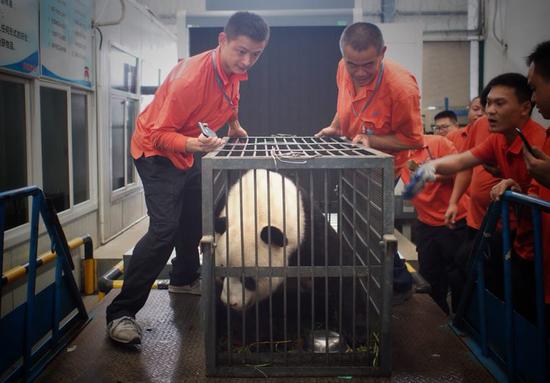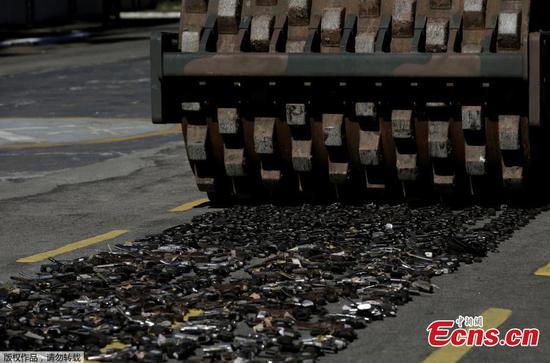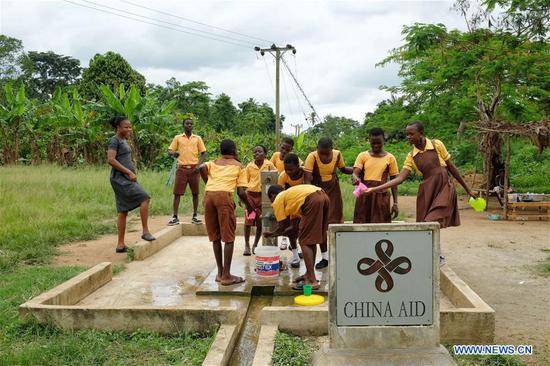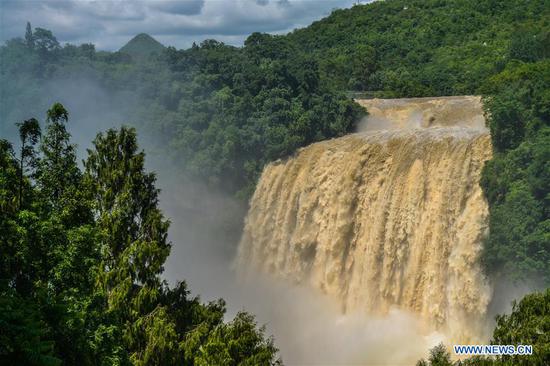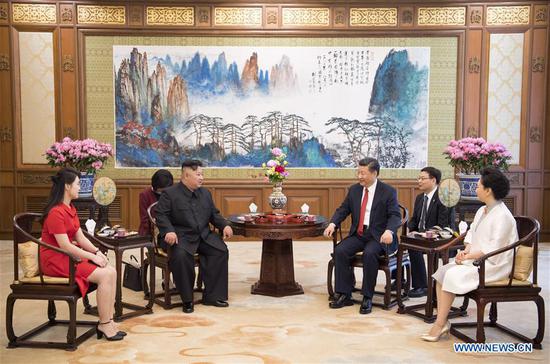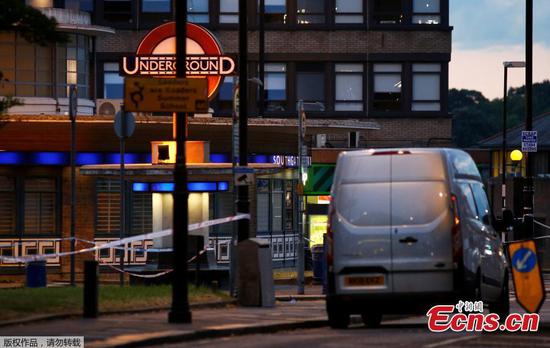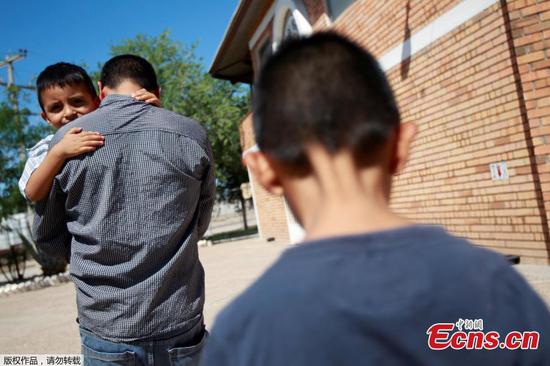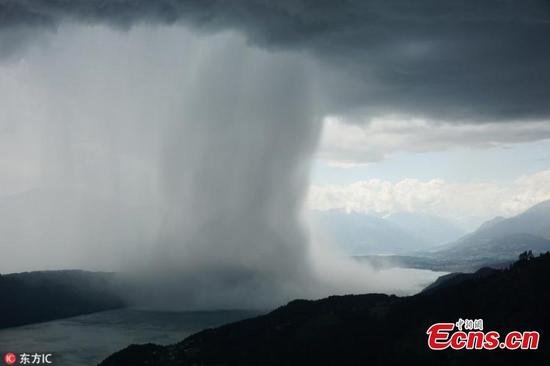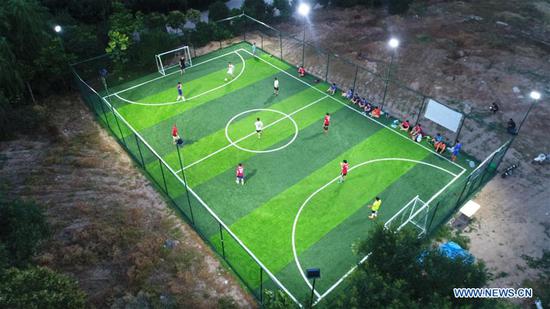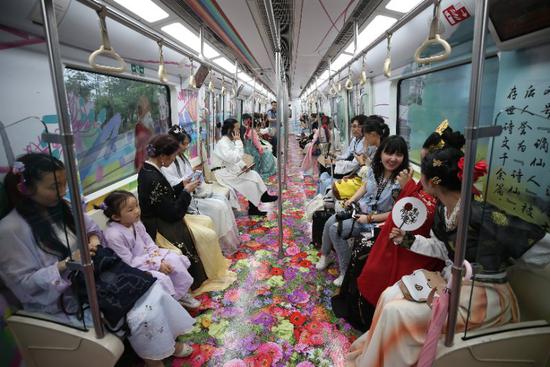In a world where violence forces thousands of families to flee for their lives each day, United Nations (UN) Secretary-General Antonio Guterres on Wednesday urged unity and solidarity to help refugees around the world.
In his message to commemorate World Refugee Day, Guterres said that "we must all think about what more we can do to help. The answer begins with unity and solidarity."
Today, more than 68 million people around the world are refugees or internally displaced as a result of conflict or persecution, equivalent to the population of the world's 20th largest country, the UN chief said.
The number of refugees rose to 68 million in 2017, the largest number since World War II.
On average every two seconds a person is displaced, mostly in developing countries, according to the United Nation's latest statistics.
"We need to re-establish the integrity of the international refugee protection regime. In today's world, no community or country providing safe refuge to people fleeing war or persecution should be alone and unsupported," Guterres said.
This year, a Global Compact on Refugees will be presented to the UN General Assembly, which will offer a way forward and recognizes the contributions that refugees make to the societies hosting them.
Meanwhile, a new Global Compact on Refugees, which will recognize the contributions of refugees and lay out a clear road map on how the global community can come together to address this issue, will be presented to the UN General Assembly.
The UN Refugee Agency launched the #With Refugees petition in June 2016 to send a message to governments that they must work together and do their fair share for refugees.
This year's World Refugee Day is also an occasion for the public to show support for the families forced to flee, demanding governments ensure every refugee child gets an education, every refugee family has somewhere safe to live and every refugee can work or learn new skills to contribute to their community.
An unprecedented 65.6 million people around the world have been forced to flee their homes by conflict and persecution by the end of 2016. Among them nearly 22.5 million are refugees, over half of whom are under the age of 18. There are also 10 million stateless people, who have been denied a nationality and access to basic rights such as education, healthcare, employment and freedom of movement.










